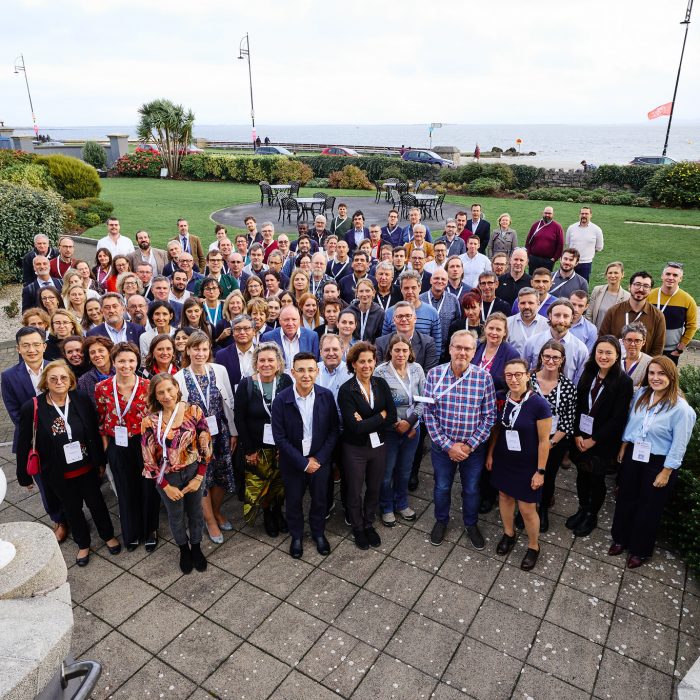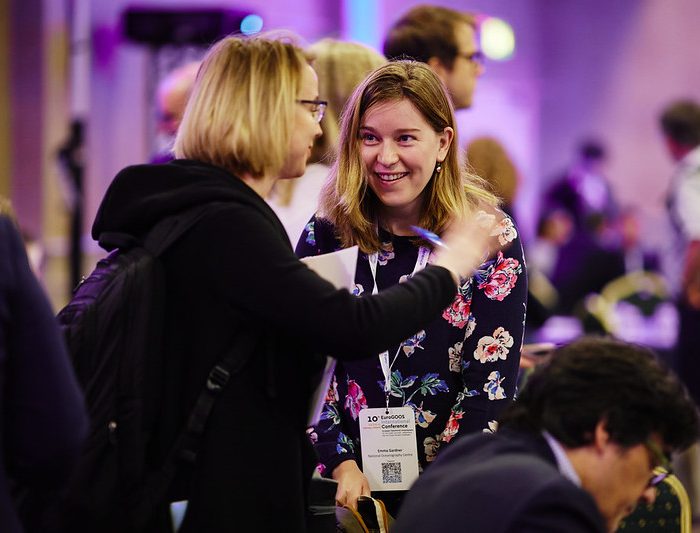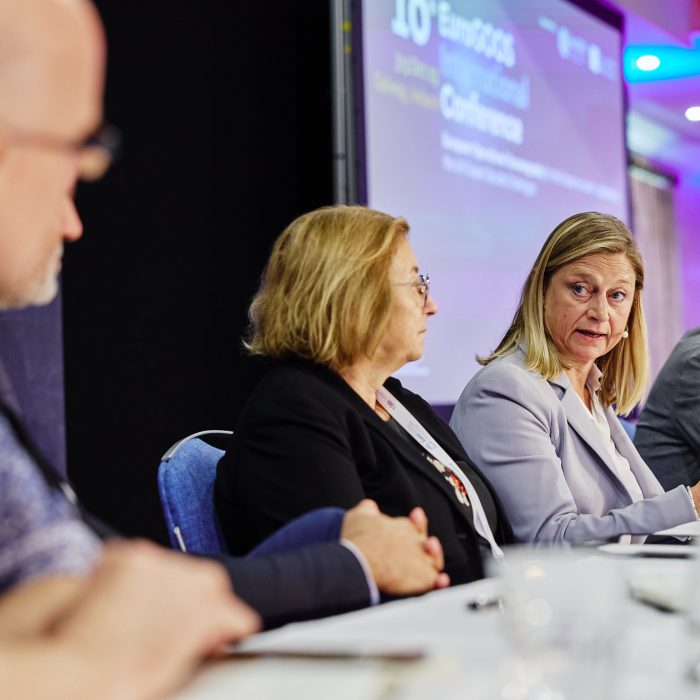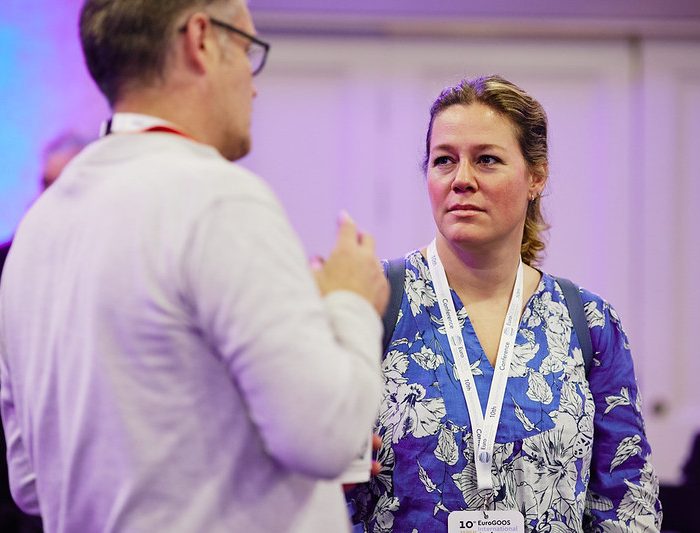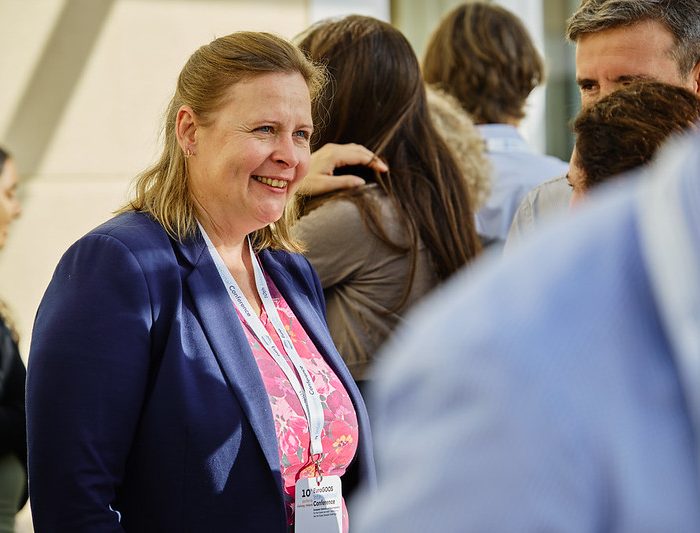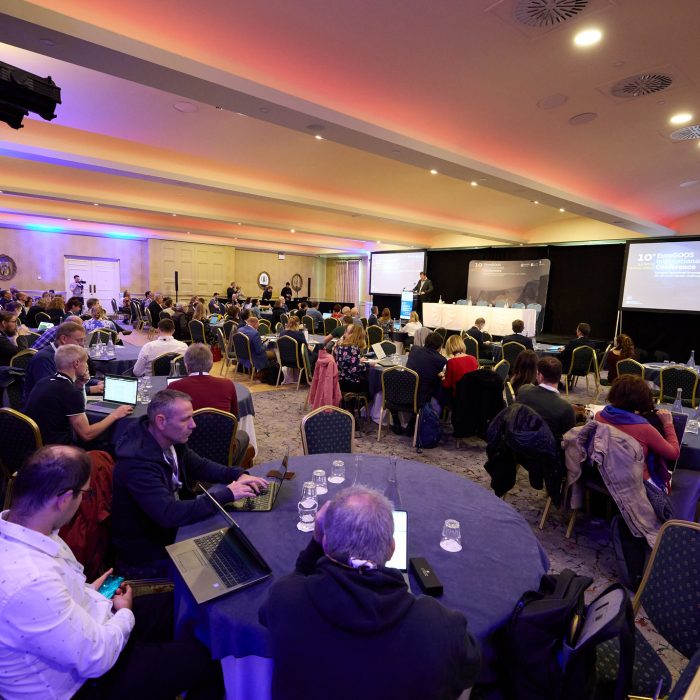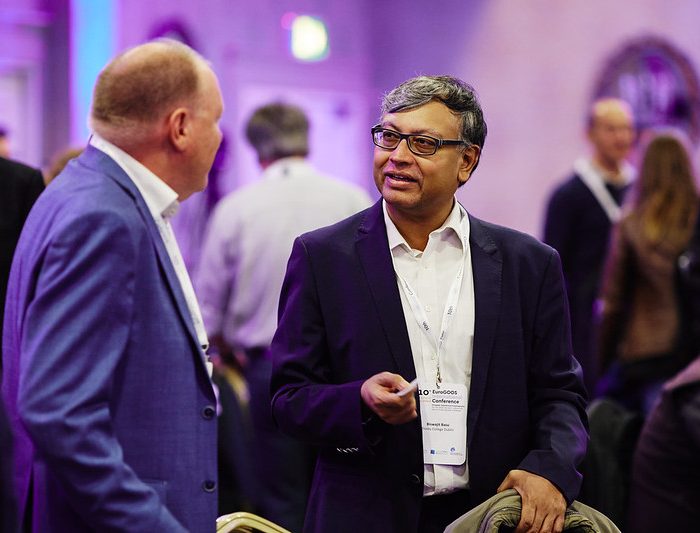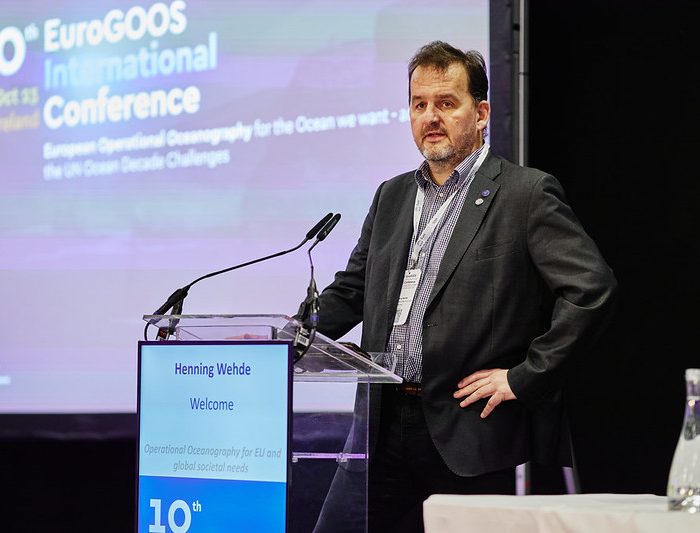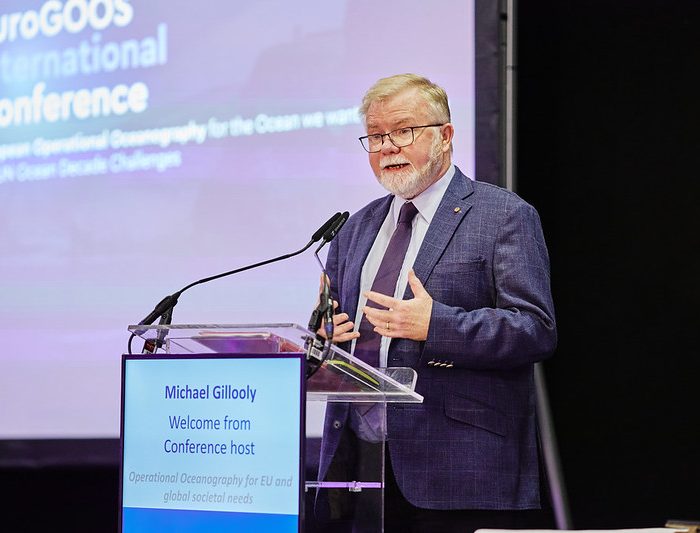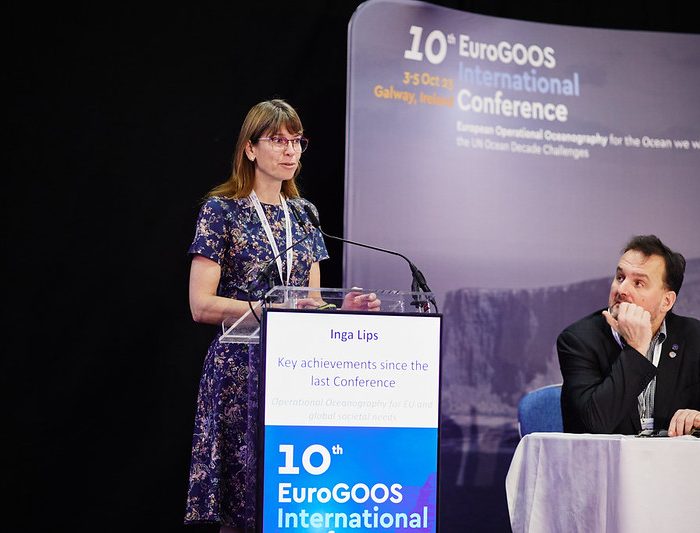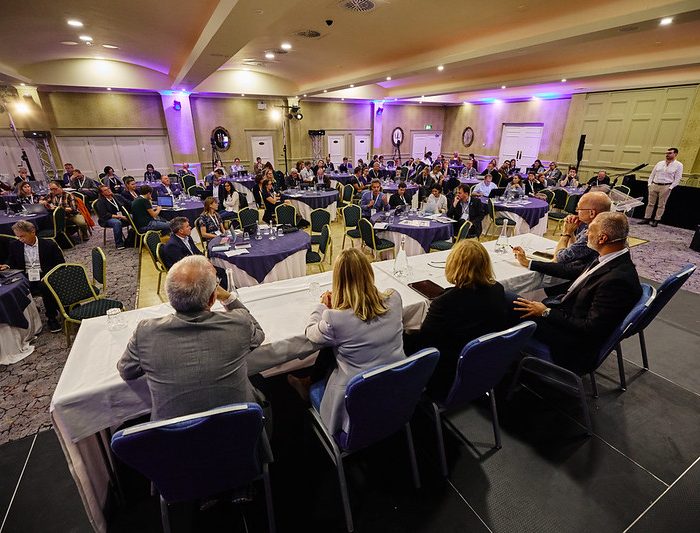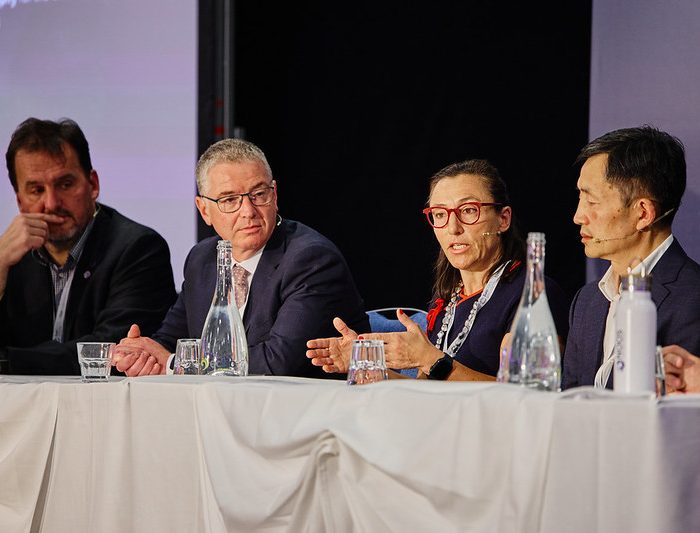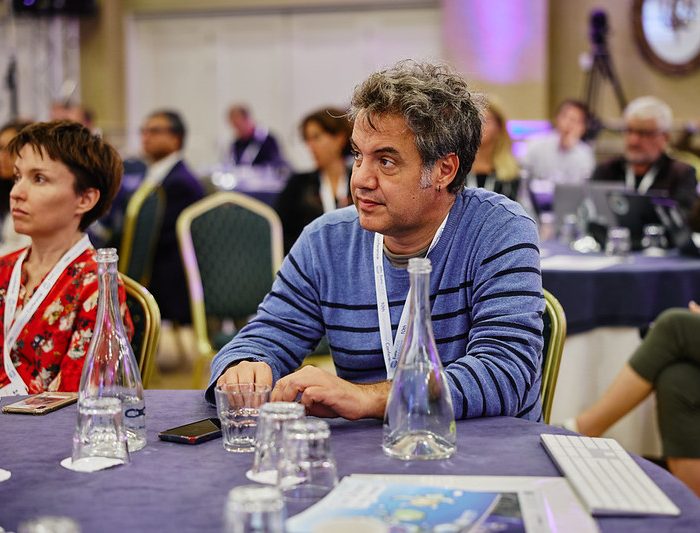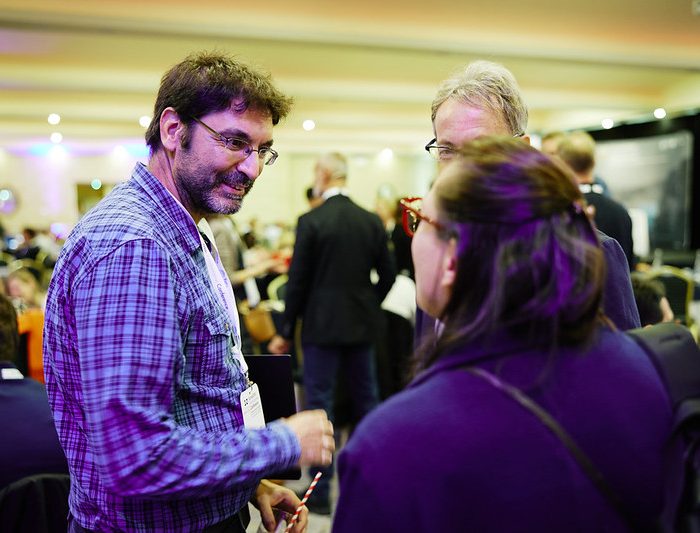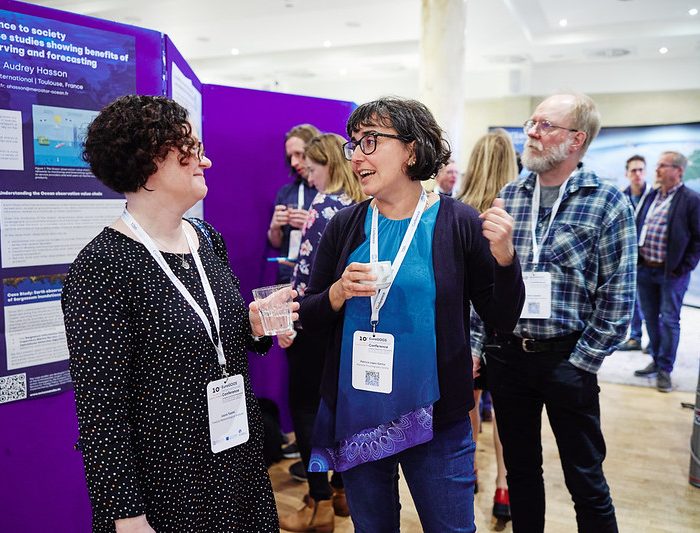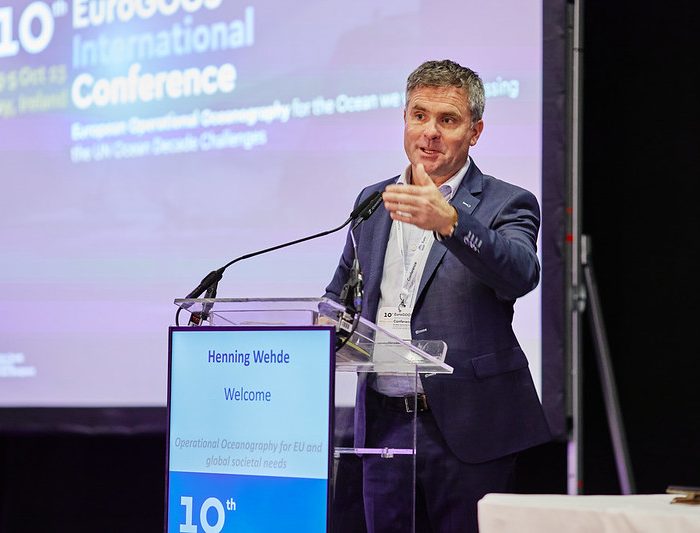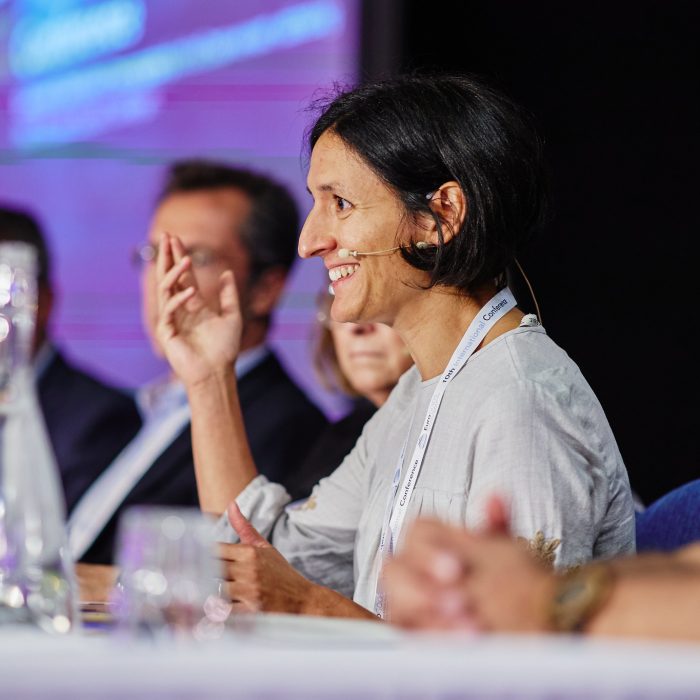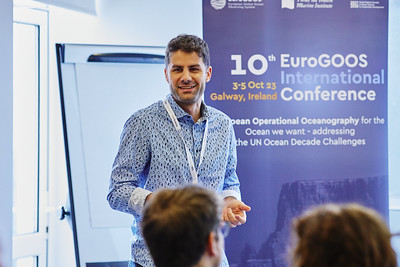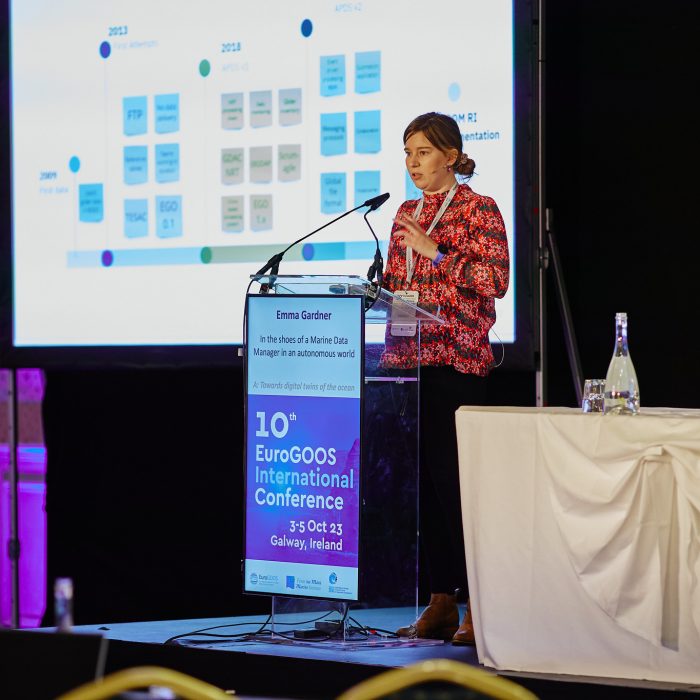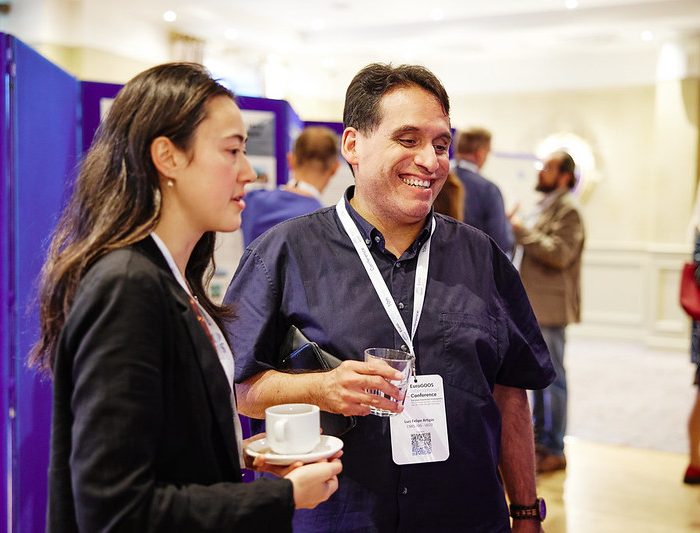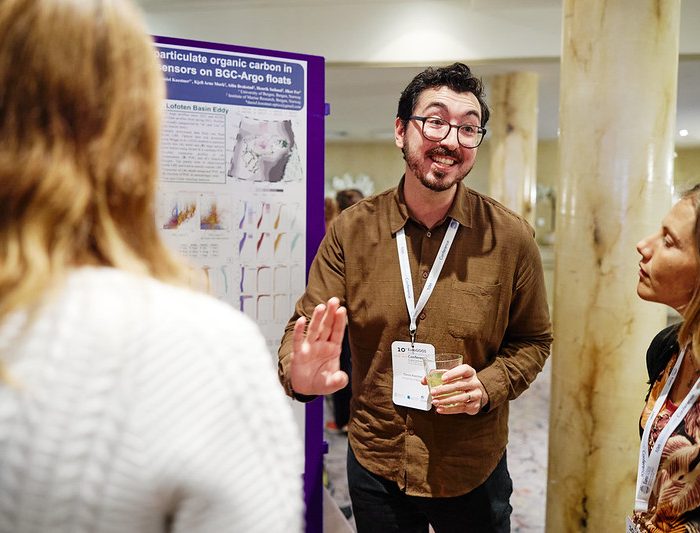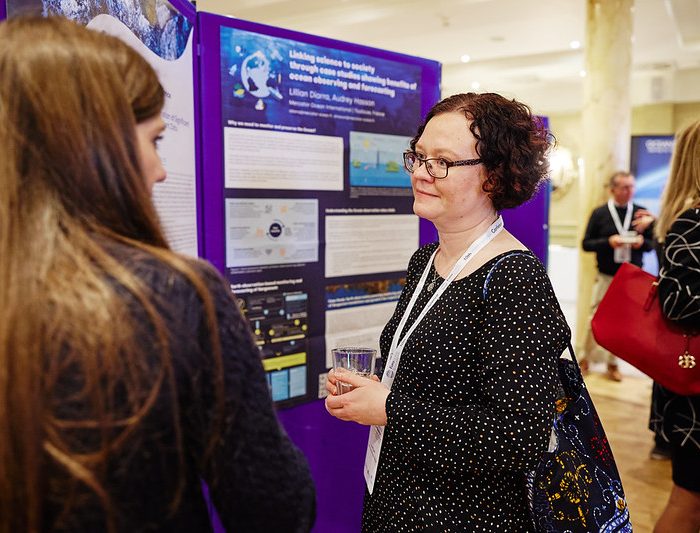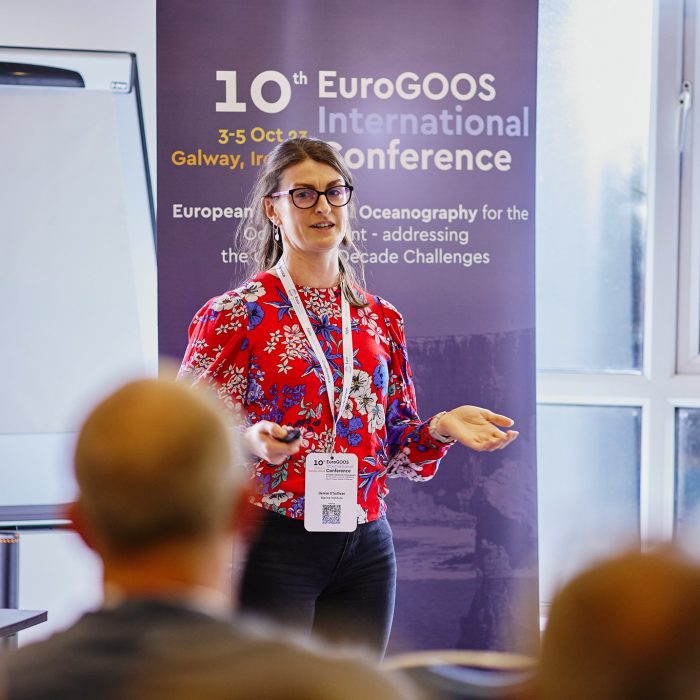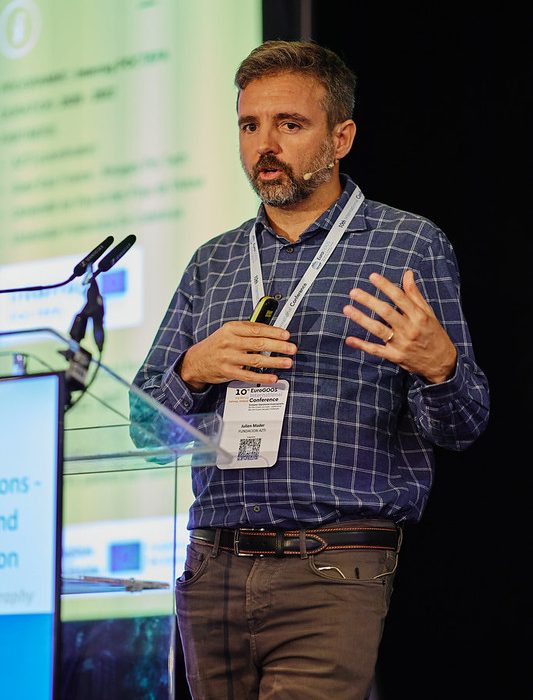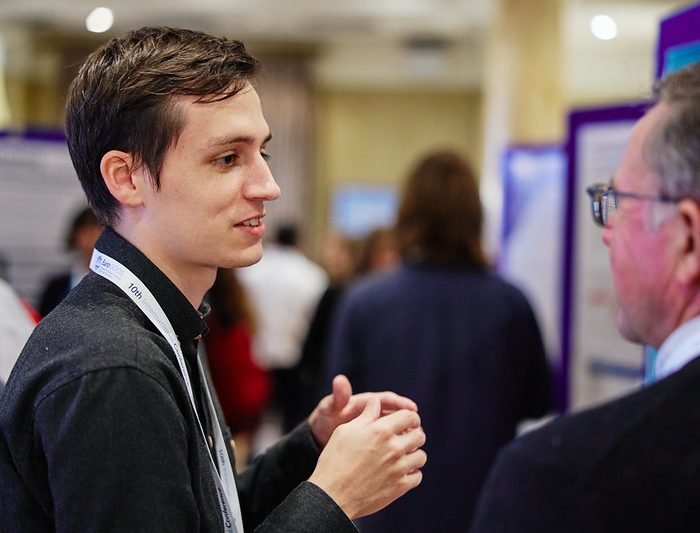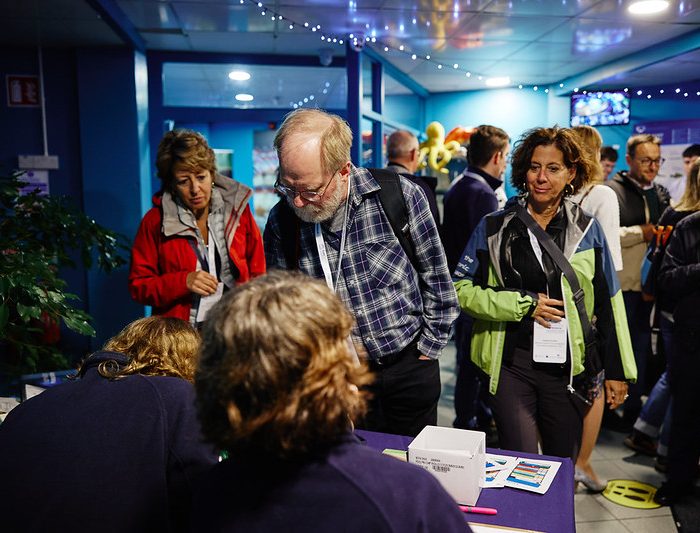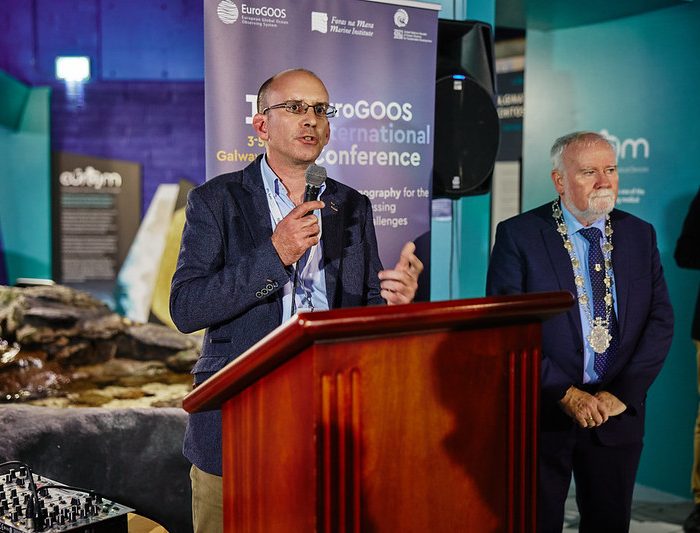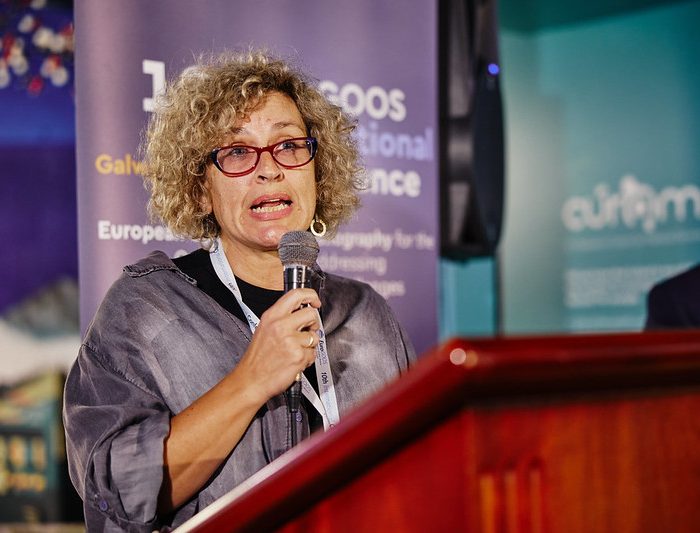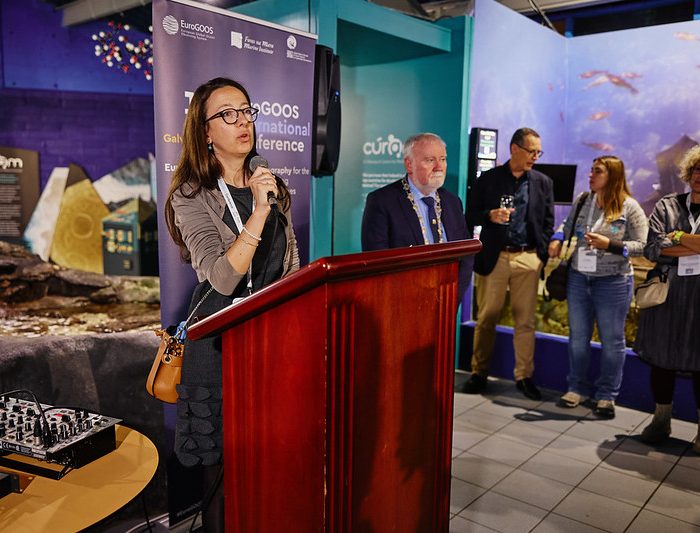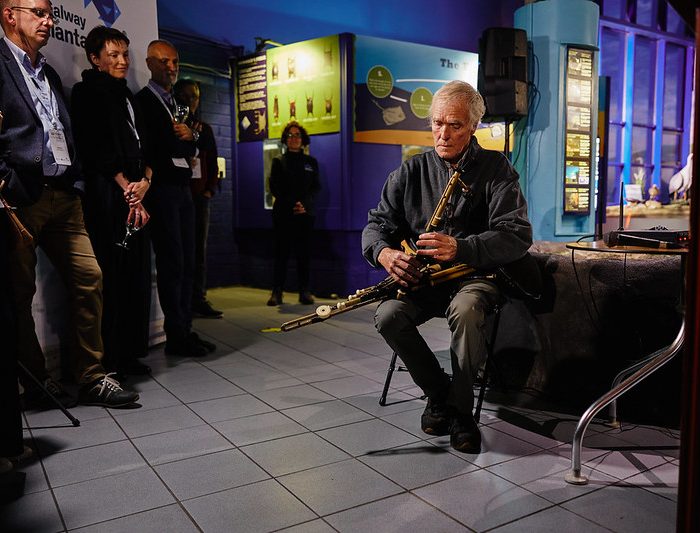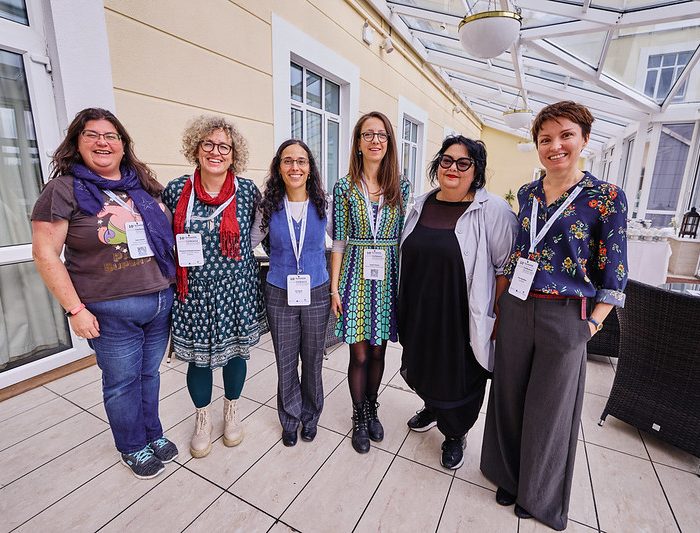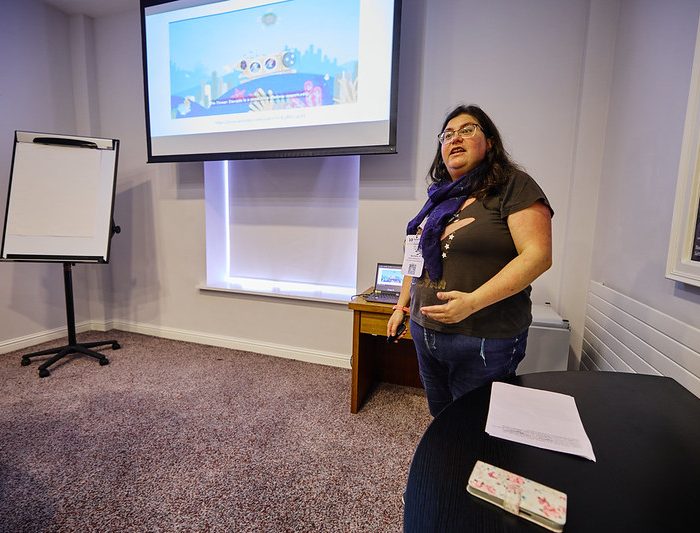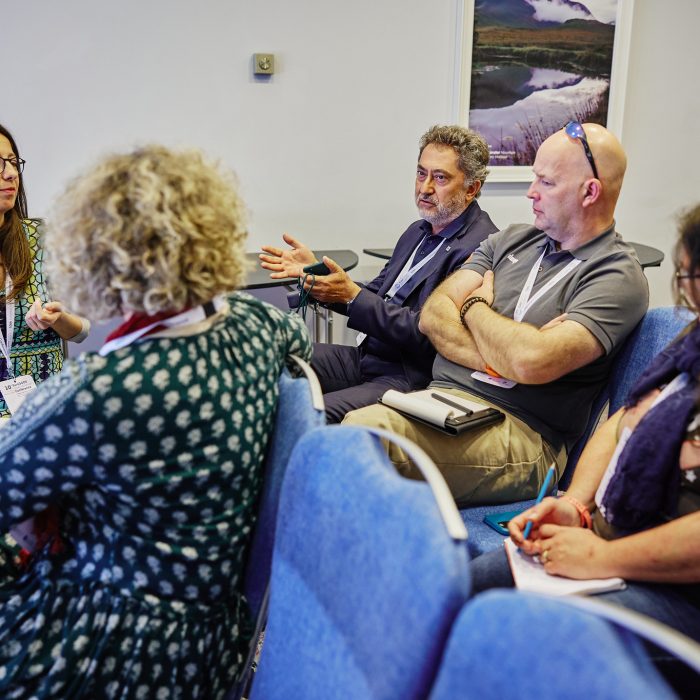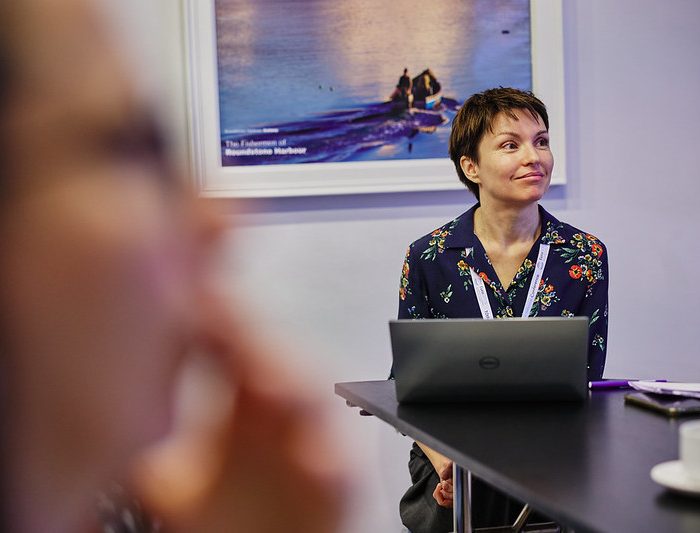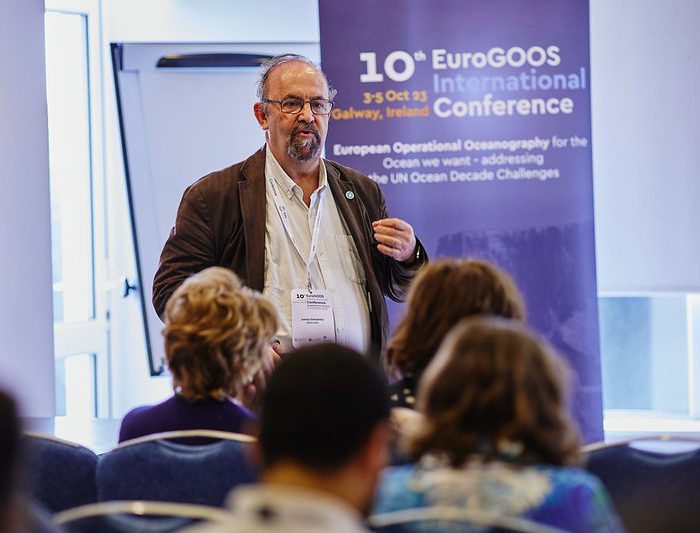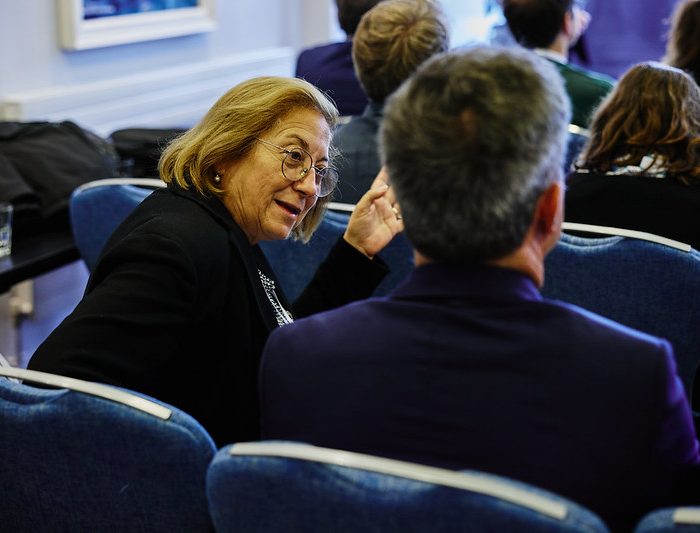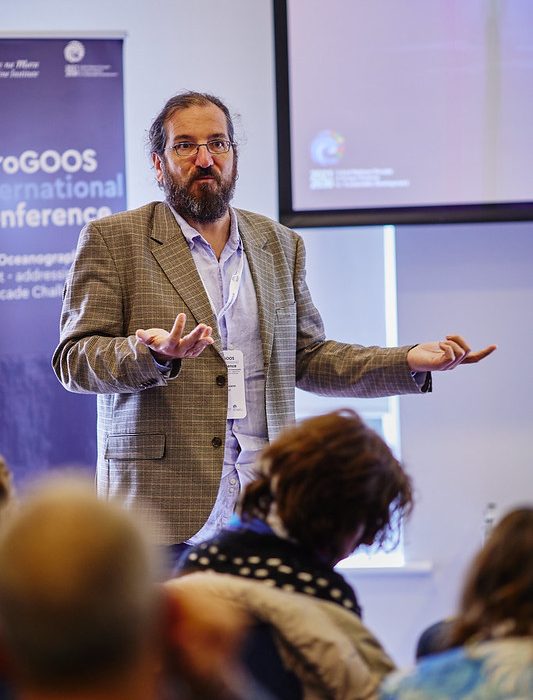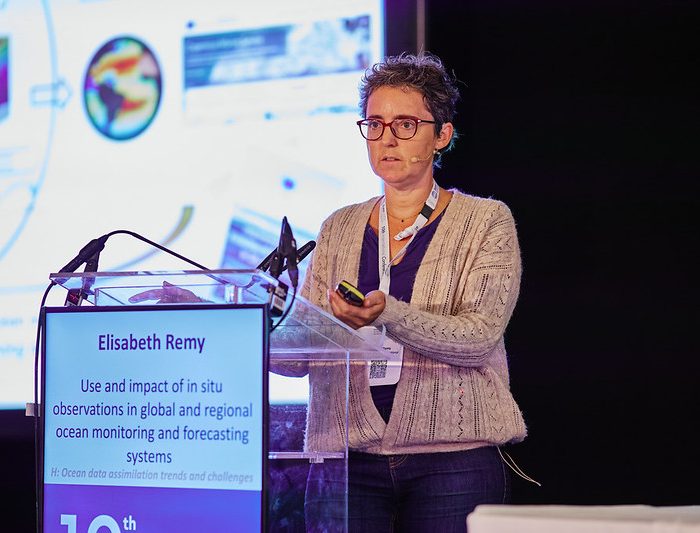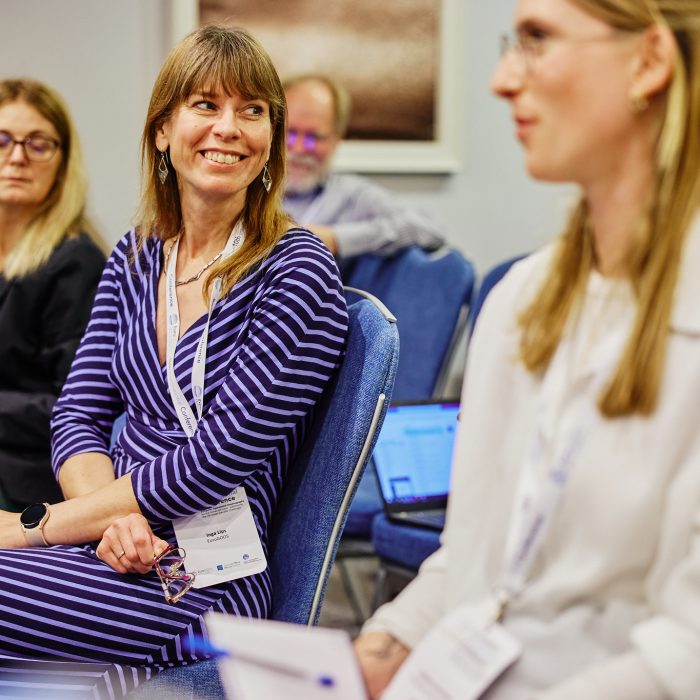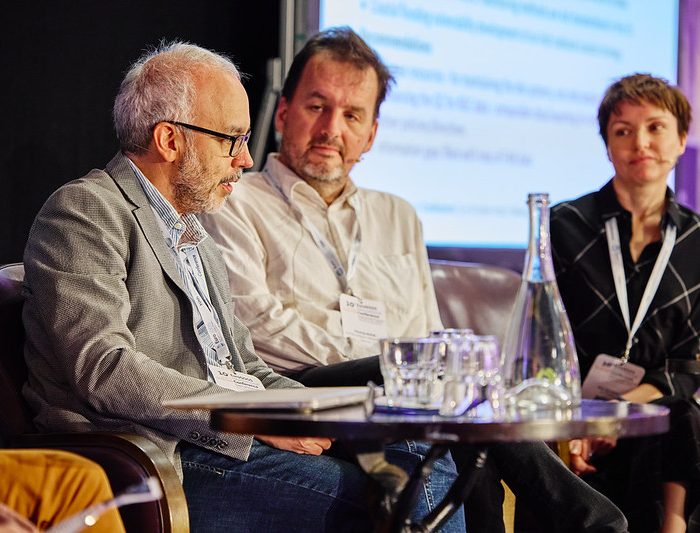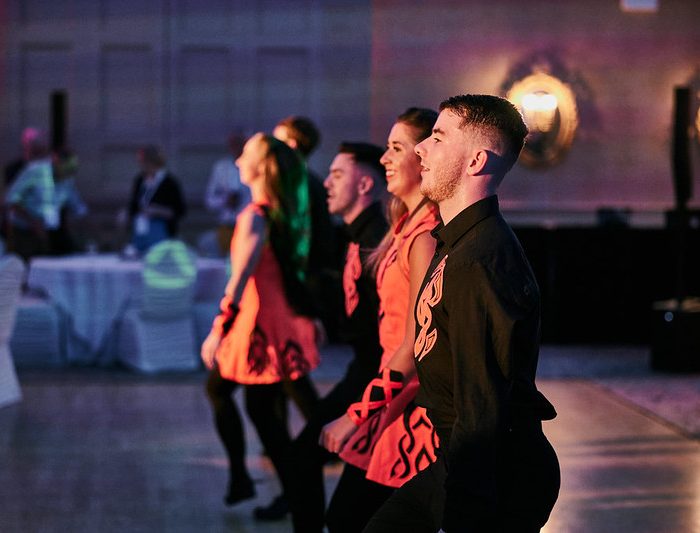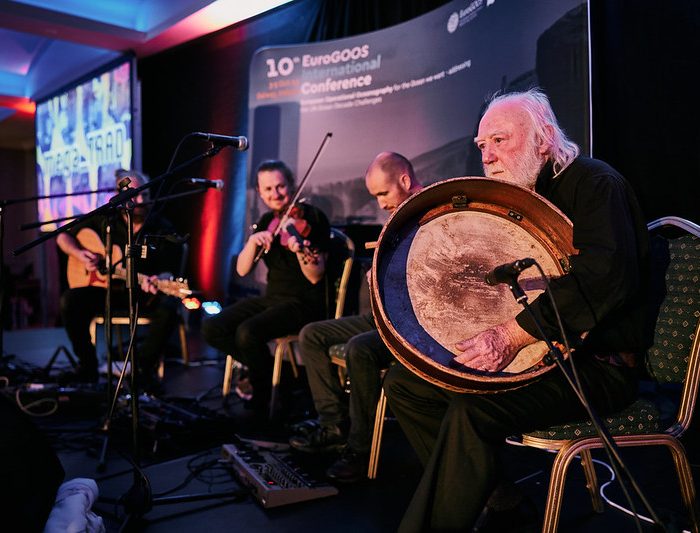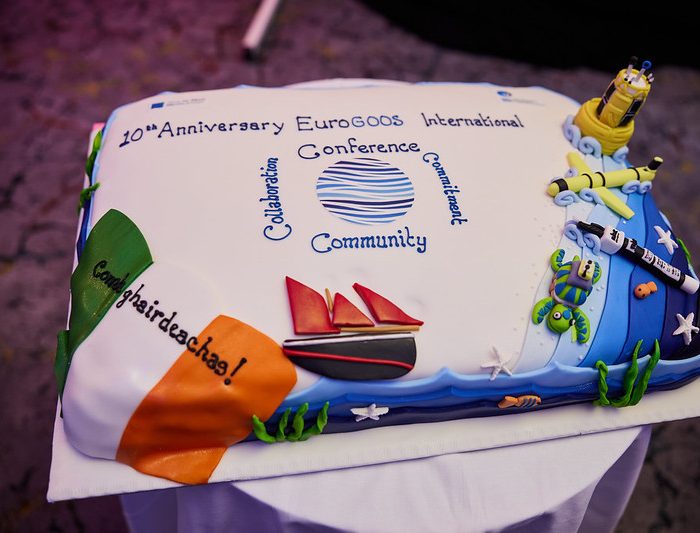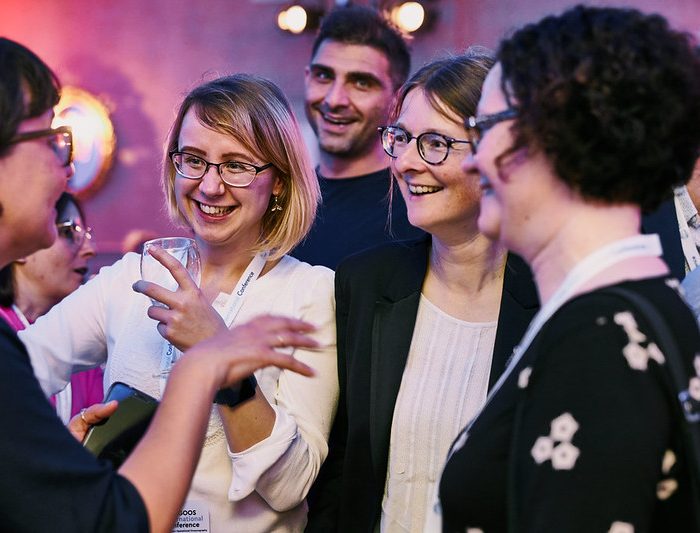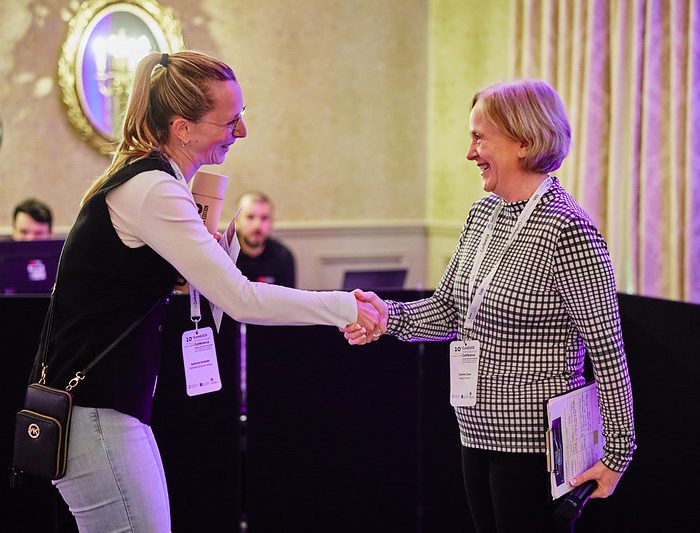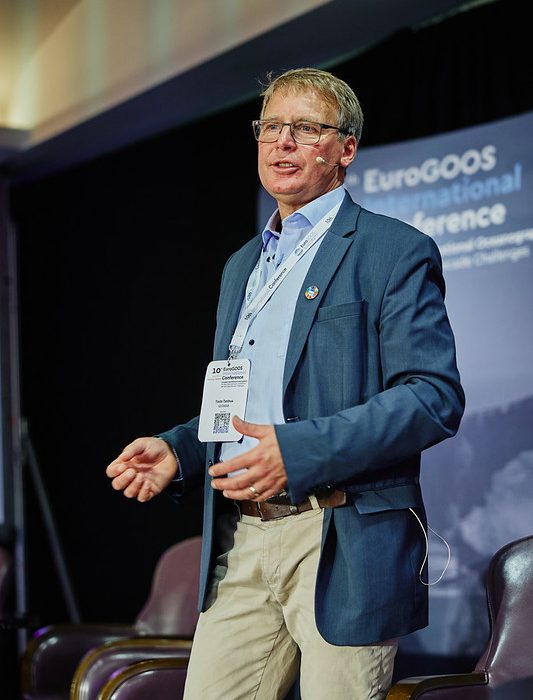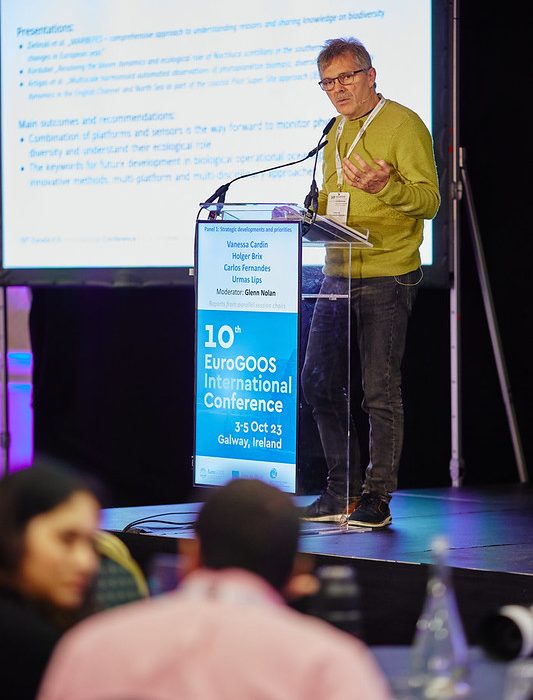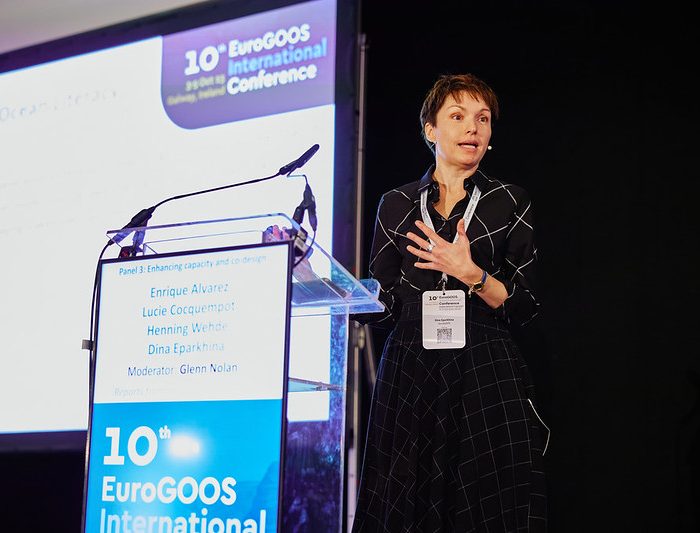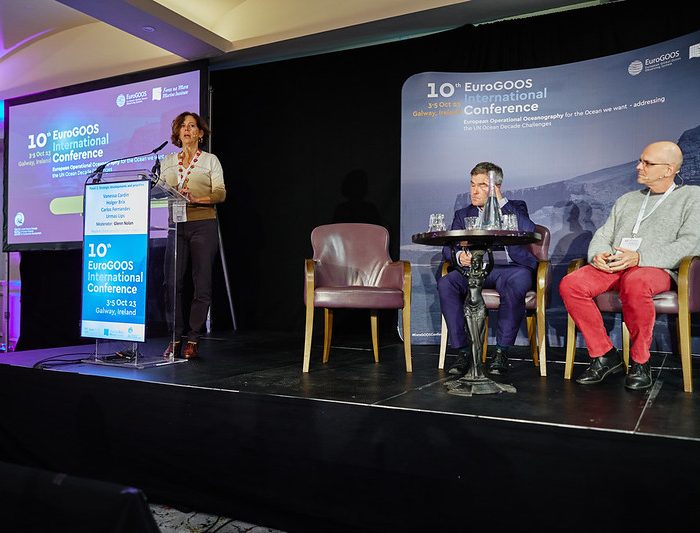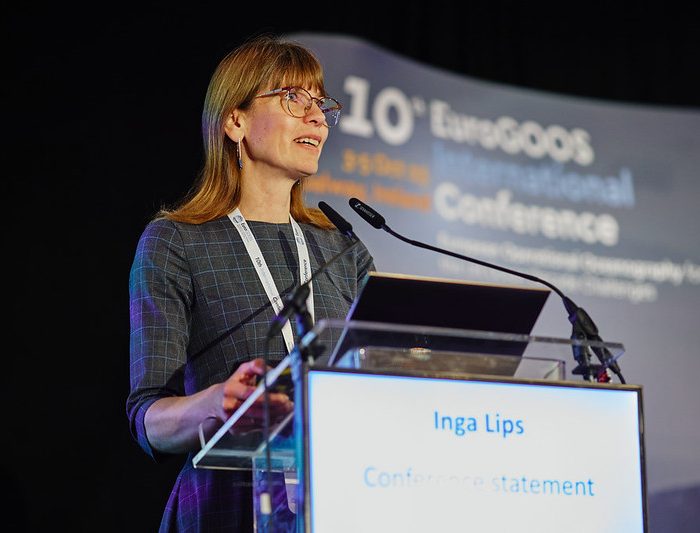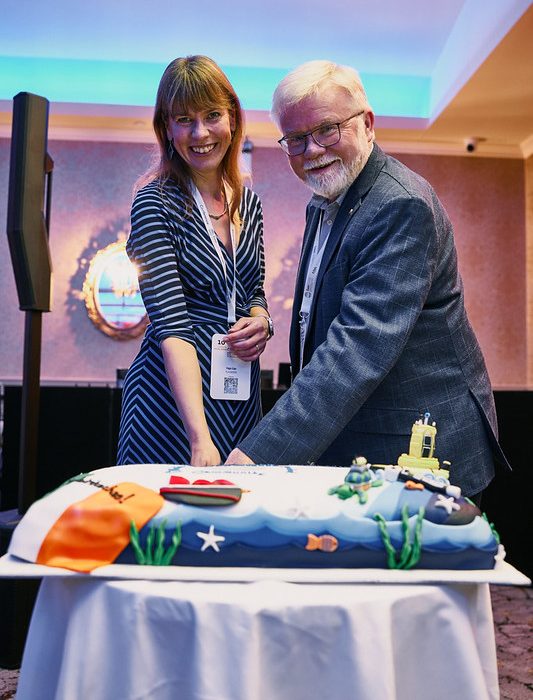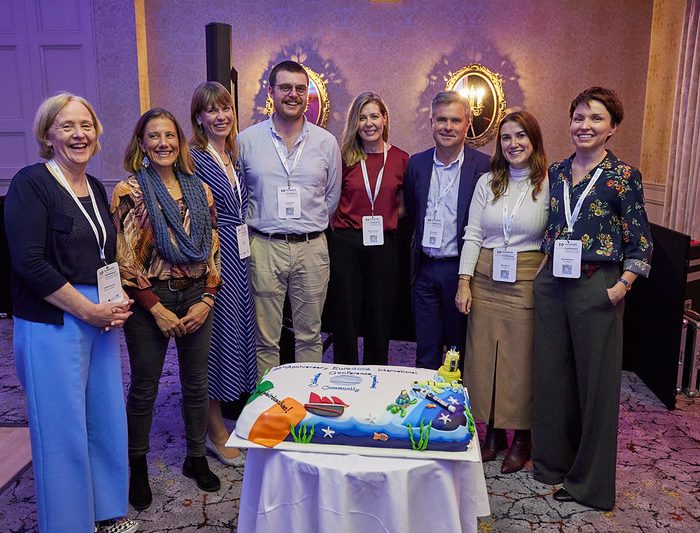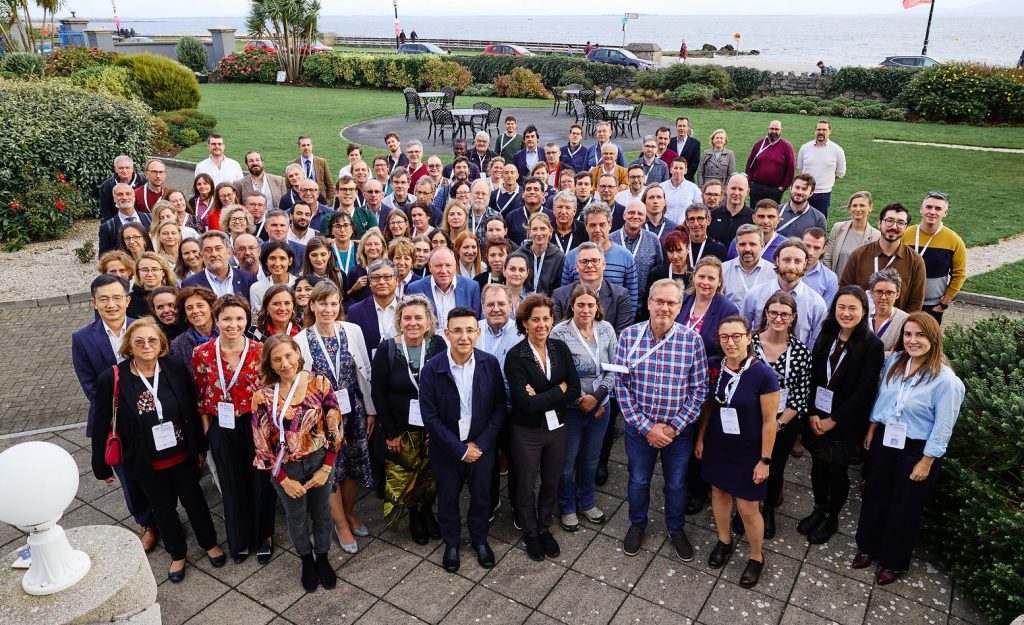 From 3 to 5 October 2023, EuroGOOS held its 10th International Conference, hosted in Galway by the Marine Institute, Ireland. The Conference, titled European Operational Oceanography for the Ocean we want – Addressing the UN Ocean Decade Challenges, was an endorsed Ocean Decade event.
From 3 to 5 October 2023, EuroGOOS held its 10th International Conference, hosted in Galway by the Marine Institute, Ireland. The Conference, titled European Operational Oceanography for the Ocean we want – Addressing the UN Ocean Decade Challenges, was an endorsed Ocean Decade event.
The event brought together over 160 participants for an in-person Conference covering all aspects of operational oceanography and its societal relevance. The Conference was opened by the Interim CEO of the Marine Institute Michael Gillooly, Executive Secretary of the Intergovernmental Oceanographic Commission of UNESCO Vladimir Ryabinin, Director for Maritime Policy & Blue Economy at the European Commission DG MARE Delilah Al Khudairy, and Head of Unit Healthy Seas and Ocean at the European Commission DG Research and Innovation Elisabetta Balzi.
Four high-level plenary sessions were dedicated to the UN Ocean Decade, Digital Twin Ocean, European Ocean Observing System (EOOS), and Future of Operational Oceanography. In addition, the Conference participants discussed over 80 presentations and 20 posters on all areas of operational oceanography.
The event marked the 10th anniversary of the international EuroGOOS Conference and nearly 30 years of the EuroGOOS organization, which was founded in 1994 as the European implementer of the Global Ocean Observing System (GOOS) of the UNESCO’s Intergovernmental Oceanographic Commission.
The Conference Statement, summarizing the conference presentations and discussions, will lead EuroGOOS and its large community in the coming years. The Statement puts forward the following key messages and recommendations:
- Operational oceanography in Europe must develop with a holistic Earth system approach. The operational oceanography value chain must be better connected to those of other environmental domains (terrestrial, hydrological, atmospheric, cryospheric, climate, etc.) as well as socio-economic information systems. This must be a focus of effort, while simultaneously continuing to strengthen the ocean-specific capabilities that are the core of the European operational oceanography community.
- Without observations, ocean services and products are not possible. Ocean observations play a vital role in delivering essential marine services and products relied upon by users in Europe and worldwide, including forecasts, data products, and model outputs on a daily basis. The continued development of the European Ocean Observing System (EOOS) as the Europe-wide coordinated system to observe the ocean is a collective ambition of the highest priority. Sustainability (in all regards, including resourcing and environmental impact) is key to the long-term prospects of coordinated ocean observing in Europe.
- Genuine co-design of operational oceanography with users and stakeholders is needed to ensure their needs are met. For operational oceanography to be fit for purpose and truly meet societal needs, stakeholder engagement, and co-design of the system with users from the outset must become the standard practice. Only through properly planned and resourced (funds and time) engagement and co-design activities, including iterative review according to new and emerging needs, can operational oceanography fully deliver its benefits to Europe and the world. Ocean Literacy is a key component, without which co-design and stakeholder engagement cannot reach their full potential.
- There is no operational oceanography without people – the skilled individuals without whom there would be no ocean observations, infrastructure and data management, or forecasts and services. Observing platforms or data by themselves cannot deliver the ocean knowledge, products and services Europe needs. Providing adequate resources to the human capacities is key. Enhanced training and education are needed, along with opportunities to ensure operational oceanography is an attractive career path, whether in a scientific, technical, managerial, or other domains.
- Boost and demonstrate the value of operational oceanography to all stakeholders across the marine knowledge value chain. Understanding of the value of ocean observing and operational oceanography must not be taken for granted. Communication, awareness raising, and the demonstration of economic value are needed to strengthen the case for observations. These are an essential part of Europe’s efforts to meet the needs of users in the blue economy and deliver on climate and biodiversity targets.
Full Statement and the Conference proceedings will be available soon on the website.
The event also awarded two prizes to early-career researchers for the scientific excellence, innovation, societal relevance, and quality of their presentations. Katharina Kordubel received the best oral presentation award and Daniel Koestner received the best poster presentation award.
On the occasion of the Conference, EuroGOOS released an online history pages illustrated through infographics. The text was written by the Marine Institute’s bursary Seoirse Swanton based on a comprehensive research of the EuroGOOS documents and several interviews.
Conference networking events included a vibrant tour of the Galway Atlantaquaria with inspirational talks from scientists working in ocean literacy, storytelling and games, a special EuroGOOS scavenger hunt, and a reception with food, drinks, and music. On the second day, the Conference dinner featured a concert of Irish traditional music and dancing and a EuroGOOS 10th Conference anniversary cake specially decorated for the occasion.
The Conference concluded with a handover from the Marine Institute to the Cyprus Marine and Maritime Institute, CMMI, who will host the 11th EuroGOOS International Conference in 2026 in Larnaca.
Discover the Conference through images in the gallery below as well as a 3-minute film about the Conference!
